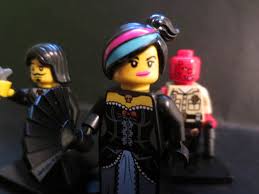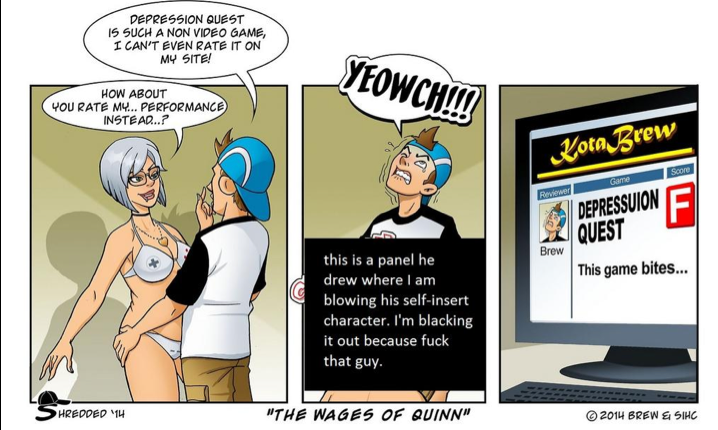Yesterday, NPR ran this story on the history of pink. I imagine that the actual history of pink as gendered and non-gendered is no surprise to the audience of this particular blog, but, in the comments, the story sparked a discussion about how IMPORTANT it is to many, many people to be able to quickly and easily identify a person’s gender. So, baby girls wear pink and baby boys wear blue (and I guess every other color besides pink). One commenter wrote:
Yes! I dress my baby girl is greys, navy, white, green, etc. (colors *I* like, if I’m being honest) that I usually have to get from the boy section because anything NOT pink is in the boys section. People think she is a boy all. the. time. Now, all babies look like babies, so I’m not offended by this and never correct people by saying, “Actually, she’s a girl.” But in a conversation, I obviously end up using “she,” “her,” etc. and people who have misidentified her then protest, “But she’s not wearing pink!” THEN I get annoyed.
Oh, and don’t get me started on strangers who insist her gender would be clearer if I put a GIANT flower headband on her tiny head… 🙂
Why is being able to “identify” or “label” someone’s gender so important? As I was reading the discussion, I was reminded of this article from last week about a girl who was KICKED OUT OF SCHOOL because the administration thought she looked too much like a boy:
The family received a letter telling them that if their eight year old granddaughter didn’t follow the school’s “biblical standards,” that she’d be refused enrollment next year. She’s out and in public school now.
She is eight-years-old. When I was eight-years-old, I was playing with Barbie, LEGO bricks, Transformers, Hot Wheels, My Little Ponies. None of it was hard-wired. I like what I liked (and, I probably liked what I saw on the afternoon cartoons). I don’t recall liking pink, but I loved purple. For a time, my hair was really short, and perhaps boyish. But, no one ever said anything. I can’t even imagine the devastation I would have felt had I gotten kicked out of school at eight years old because someone thought I didn’t look enough like a girl. Not because I would have necessarily wanted to be more “girlie,” but because I would have heard loud and clear that I wasn’t good enough; that I wasn’t accepted by society. At EIGHT-YEARS-OLD. Nice.
I’m glad she’s out of the situation, but what does being kicked out of school for what amounts to “not wearing pink and having short hair” mean? For me these two discussions come together to suggest that there is nothing about us that is as important to society at large as what our gender is and how quickly other people can identify it. One of the commenters on the NPR story suggested that people feel they need to be able to identify the gender of a baby because they fear the mother will get upset if they pick wrong, which may be true in some cases, but overall? I don’t know. Maybe some parents, like the commenter above, think “babies just look like babies.” And, MAYBE babies are valuable regardless of gender.
This whole “pink” thing has been on my mind a lot recently because I have been working with LEGO in my technical writing class. I’ve paid more attention in recent weeks to conversations about toys, LEGO and otherwise, and have heard many comments from friends, family, and the Internet about how pink is hardwired into girls. Allegedly, girls love pink. Society assumes it’s true. You can walk into any toy store and see the pink aisle. At my local Target, the LEGO Friends sets were previously placed a few aisles over from the regular LEGO sets. (If I recall correctly, they were with the Barbie’s.) In the past couple of months or so, Target moved the LEGO Friends to the aisle next to the LEGO sets, but now they are with the Duplo sets. This is just one example of where the assumption that “pink is hardwired” is a big problem. This is one of the reasons people’s focus and “need to know” gender is scary. Because once that gender is determined to be female, it’s off to the pink aisle for the child: right next to the Duplo, in case the pink toys are too complicated.




